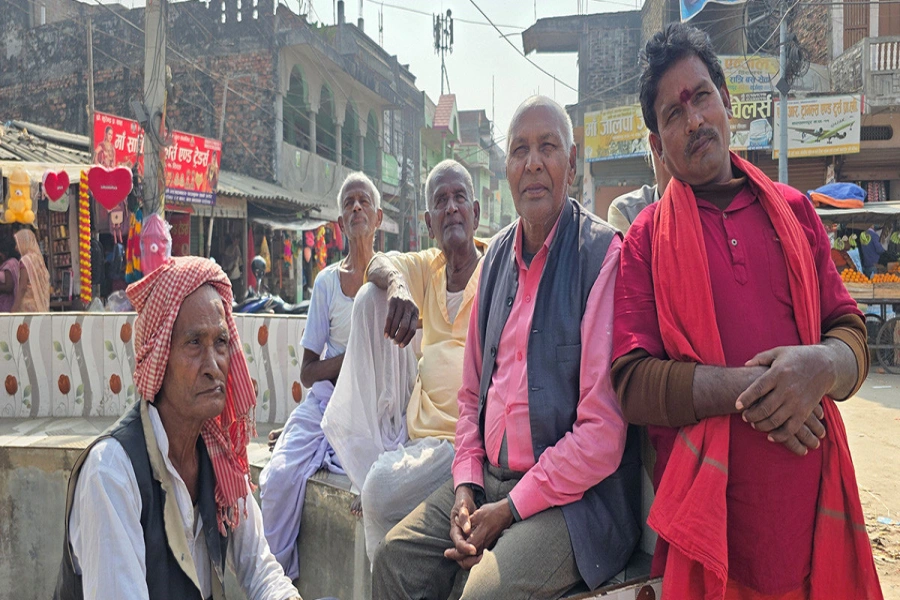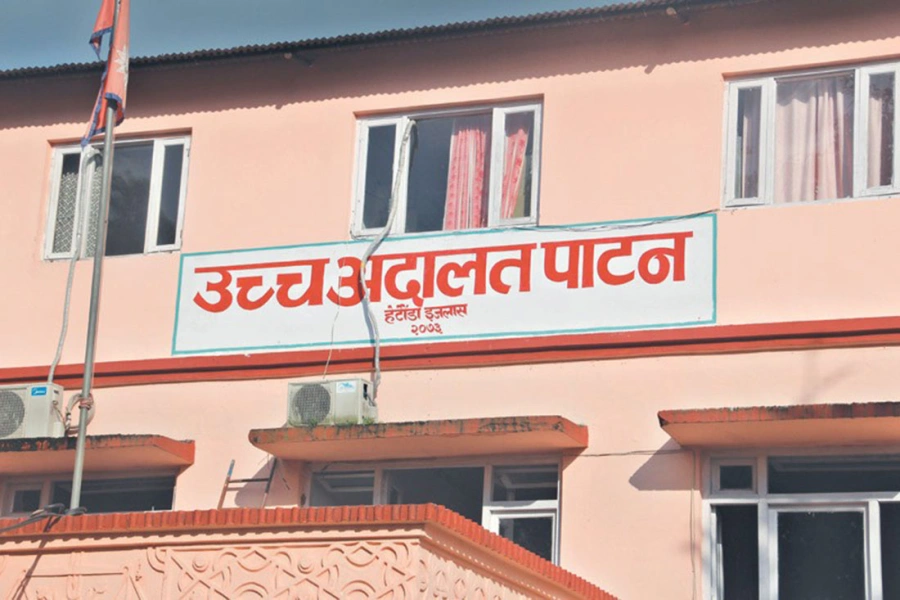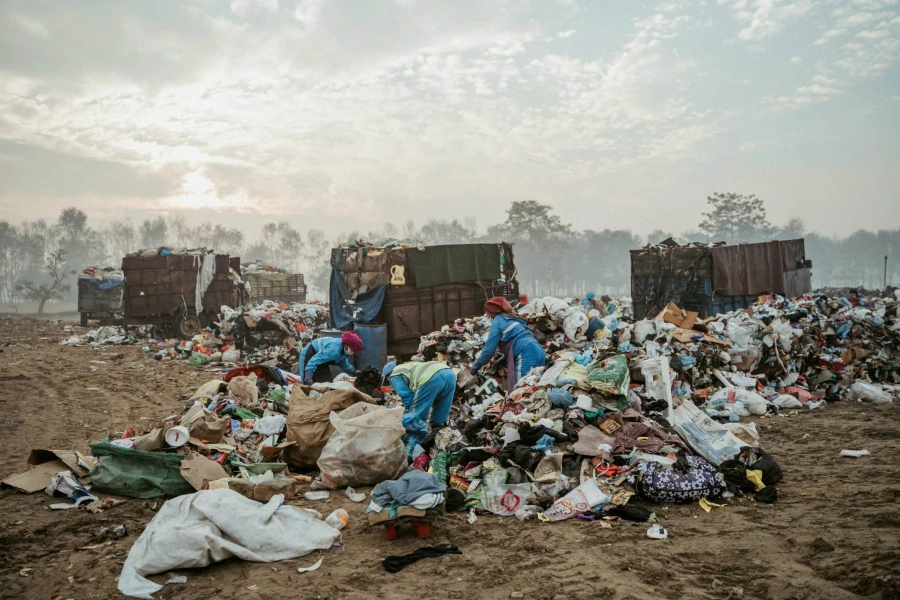When is a cough “just” a cough, or a headache a symptom to be concerned about? Whether you live in a city where smog forecasts are routine or in a less populated place, tiny pollution particles in the air can lead to big problems for your heart. With the current condition of Kathmandu valley with its steadily worsening air pollution, you have to be a little concerned about your health.
Dr Pukar Thapa, general physician at Alka Hospital, talks about the truth behind Kathmandu’s polluted air and how we can protect ourselves against it.
How bad is the air pollution in Kathmandu right now?
Ambient (outdoor) air pollution causes over 9,000 deaths every year, with coronary artery disease and strokes each killing more than 3,000 people in Nepal. The new analysis of 103 countries found that 36 people out of every 100,000 die in Nepal from outdoor air pollution leading to heart diseases, lung cancer, chronic obstructive pulmonary disease and stroke. According to Pollution Index 2016, Kathmandu has been ranked the third most polluted city in the world. WHO ambient air quality database looked at the exposure of human health to tiny particulate matters of 2.5 microns and 10 microns respectively, small enough to enter through the respiratory system and having serious health consequences.
What are the signs that one could be having serious air pollution related diseases at this point?
Many of us experience some kind of air pollution-related symptoms such as watery eyes, coughing, or wheezing. Polluted air can cause respiratory irritation or breathing difficulties during exercise or outdoor activities. Your actual risk depends on your current health status, the pollutant type and concentration, and the length of your exposure to polluted air. Someone with atherosclerosis, or build up of fatty deposits on the inner lining of arteries, experiences immediate trouble when pollutants play a role in causing plaque in a blood vessel to rupture, triggering a heart attack. Other symptoms can be shortness of breath, cough, respiratory difficulty, production of sputum, fever, fatigue, chest pain and so on.
Desperate search for missing girls as nearly 80 dead in Texas f...

What can happen if we continue to live in this state?
If we continue to live this way, with the dusty roads and smoke of vehicles, we’ll soon have people suffering from various diseases mentioned above in a few years. In recent days, there has been a rise in people who suffer from respiratory and other problems.
Shortness of breath, acute exacerbation of asthma and COPD are already seen more than usual. Pneumonia has become more common compared to previous days. If we are to continue living in this way for a long period of time, we’ll have serious diseases like COPD, ischemic heart disease, stroke in our population in a much higher rate.
Who should be more concerned about the current state of Kathmandu?
Individuals with heart disease such as coronary artery disease or congestive heart failures as well as ones with lung diseases – such as asthma, emphysema or chronic obstructive pulmonary disease (COPD), pregnant women, outdoor workers, children under age 14, whose lungs are still developing, athletes who exercise vigorously outdoors are some of the people who should be more concerned about the current polluted state of the city and take extra measures to protect themselves.
What are some precautions that one can take to prevent air pollution related diseases?
First of all, it’s the government’s responsibility to take care of their people. Reducing the numbers of vehicles, maintaining the roads, removing old vehicles, etc. are good measures that should have been implemented. However, to guarantee our own safety, we can implement a few good measures in our daily lives. Wearing a facemask while out, and keeping your hands away from your nose, eyes, and mouth after going out are good measures as these are the places from where viruses are most likely to enter your body.
Things you can do to minimize the effects of air pollution
Do not smoke or use other tobacco products. Smoking irritates the mucous membranes of the nose, sinuses, and lungs, which may make them more susceptible to infections.
And do not exercise outdoors if you smell smoke or notice irritation of your eyes, nose, or throat.
Keep your motor vehicle windows rolled up and the vents closed while driving. Avoid exposure to chemicals. Do not spray or apply chemicals unless you are wearing protective clothing, such as a particle-filtering respirator, safety goggles, and gloves.
Get a flu shot (influenza vaccine) each year. Get a pneumococcal shot if you have chronic lung disease, such as asthma or chronic obstructive pulmonary disease (COPD), if you smoke; or if you have a health risk that increases the seriousness of your symptoms.








































